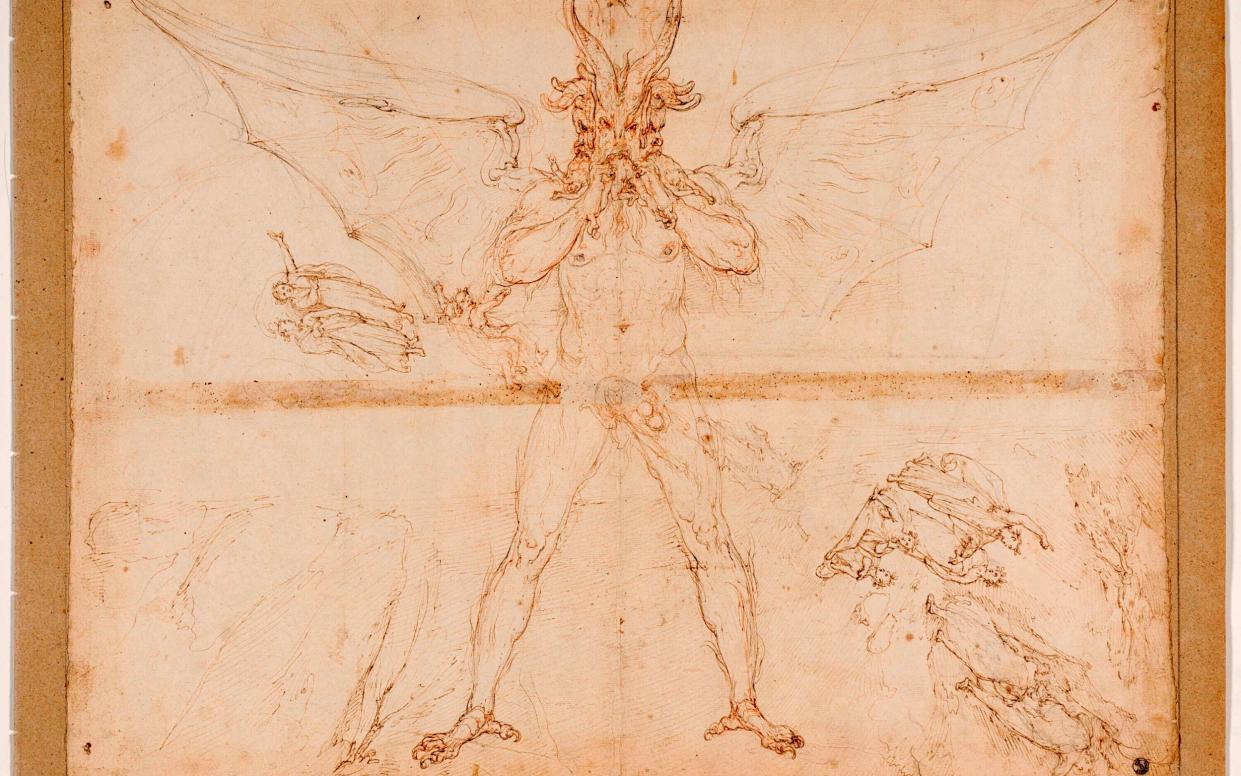Satanism and devil worship is on the rise, according to census data

The past decade may, for some, be characterised by Brexit, the pandemic, the death of Queen Elizabeth II, a recession, the rise of social media, and Adele releasing three albums.
For others, however, it was the decade that saw a rise in Devil worshippers.
In collecting its data on religion, among the most surprising findings of the 2021 census include the rapid rise of Satanism.
The number of people in England and Wales identifying as Satanists saw a 167 per cent increase between 2011 and 2021. The Office for National Statistics (ONS) researchers found that within that ten-year period, the number of Satanists rose from 1,893 to 5,054.
Satanism is a religious, or counter-cultural practice, centred on the figure of Satan, otherwise known as the Devil. In Christianity and Judaism, the figure is seen as the embodiment of absolute evil. Historically, Satanism, which is also known as devil worship, rejects Satan’s antithesis - God and/or Jesus Christ.
The reason for the rise of Satanism remains unclear. However, it does correlate with separate ONS data published last year which clearly indicated that a reverence for the Devil was on the rise.
Last year, the ONS released baby name data which revealed that the name, Nigel, was on the verge of extinction, with no baby Nigels born in 2020 (or, statistically, two at most). This is arguably not that surprising, as more old-fashioned names often wane in popularity. There were, however, in that same year, a total of 15 Lucifers born that year.
Lucifer
In 2021, a further 15 babies were christened Lucifer - a name which didn’t appear in the rankings until 2016.
The figures should, however, be taken with a very large pinch of salt. In the 2011 census, 177,000 people declared themselves Jedi under the religion section, making it the seventh most popular religion. A further 6,242 people answered Heavy Metal for their religion, and 650 said they were New Age.
Many of these will now come under the ‘other’ section offered to respondents in the census. For those filling in forms for the 2021 census, Jedi Knights were left disappointed as this was no longer a separate option.
The 2021 census also revealed a rise in the number of Pagans up from 56,620 to 73,733 - as well as a rise in the number of Animists - who believe that all natural things have a soul. They increased from just 541 in 2011 to 802 in 2021.
In contrast, the number of people practising witchcraft in England and Wales is in decline. That community saw its population fall from 1,276 to 1,045 over the ten-year period. Scientologists also saw a similar level of decline (2,418 to 1,859) and members of the Occult fell from 502 to 490.

 Yahoo Movies
Yahoo Movies 
